Contents
List of Figures
List of Tables
Guide
Pagebreaks of the print version
Reputation Analytics
Public Opinion for Companies
DANIEL DIERMEIER
THE UNIVERSITY OF CHICAGO PRESSCHICAGO AND LONDON
The University of Chicago Press, Chicago 60637
The University of Chicago Press, Ltd., London
2023 by The University of Chicago
All rights reserved. No part of this book may be used or reproduced in any manner whatsoever without written permission, except in the case of brief quotations in critical articles and reviews. For more information, contact the University of Chicago Press, 1427 E. 60th St., Chicago, IL 60637.
Published 2023
Printed in the United States of America
3231302928272625242312345
ISBN-13: 978-0-226-02962-7 (cloth)
ISBN-13: 978-0-226-02976-4 (e-book)
DOI: https://doi.org/10.7208/chicago/9780226029764.001.0001
Library of Congress Cataloging-in-Publication Data
Names: Diermeier, Daniel, author.
Title: Reputation analytics: public opinion for companies / Daniel Diermeier.
Description: Chicago: The University of Chicago Press, 2023.| Includes bibliographical references and index.
Identifiers: LCCN 2022042470| ISBN 9780226029627 (cloth)| ISBN 9780226029764 (ebook)
Subjects: LCSH: Corporate image.| Public relations firms.| Institutional advertising.
Classification: LCC HD59.2.D53 2023| DDC 659.2dc23/eng/20221011
LC record available at https://lccn.loc.gov/2022042470
 This paper meets the requirements of ANSI/NISO Z39.48-1992 (Permanence of Paper).
This paper meets the requirements of ANSI/NISO Z39.48-1992 (Permanence of Paper).
TO TIM
In order that everything should be reduced to the same level, it is at first necessary to procure a phantom, its spirit, a monstrous abstraction, an all-embracing something which is nothing, a mirageand that phantom is the public.sren kierkegaard, the present age, p. 33
To speak with precision of public opinion is a task not unlike coming to grips with the Holy Ghost.v. o. key, public opinion and american democracy, p. 8
Contents
Preface
James E. Burke, the former CEO of Johnson & Johnson, passed away on September 28, 2012, at the age of 87. He had led the company as chairman and chief executive from 1976 to 1989, overseeing a vast growth of products, international expansion, and a tripling of total sales.
Yet these accomplishments are not what Jim Burke is remembered for. His New York Times obituary dedicated no more than two sentences to these career achievements. The remainder focused on a few days in December 1982, when Jim Burkes legacy was forged. The event was his handling of the Tylenol recall. And it has stood as a paradigm of crisis leadership ever since.
The crisis started when seven people died in Chicago after being poisoned by Tylenol capsules that had been laced with cyanide by an unknown serial killer. Johnson & Johnson spent more than $100 million pulling more than 32 million Tylenol bottles from the shelves, followed by their introduction of tamper-proof packaging. During the crisis, Burke never became sidetracked by the question of guilt, but focused on the most important issue: protecting customers safety and maintaining their trust. His forceful, candid, and empathetic approach set the standard for modern corporations.
In the world of corporate crisis management, a reference to the Tylenol crisis has almost become a clich. No crisis management or business ethics textbook would be complete without it. Indeed, it has become so prevalent that some authors define themselves in opposition to Burkes handling of the Tylenol crisis (e.g., Dezenhall and Weber 2007). But it is exactly its long-lasting impact and its iconic status that concerns us here. Almost 40 years later, it is still viewed as the paradigm of how to lead when times are tough.
Jim Burke later stated that the Tylenol recall was one of the easiest decisions of his life. All he had to do was to apply the companys value statement, the renowned Johnson & Johnson credo. Its first line reads as follows:
We believe our first responsibility is to the patients, doctors and nurses, to mothers and fathers and all others who use our products and services.
This may suggest that safeguarding a companys reputation consists in simply doing the right thing. If this were true, reputation stewardship would simply be an exercise in business ethics. But things are not quite as straightforward. For every Tylenol, there are companies that never recovered from a reputational crisis, even though the issue that triggered the incident later proved to be far less serious than originally believed. Companies continue to struggle with adapting to a world of 24-hour global news coverage fueled by competing cable news channels and the widespread use of social media. Expectations about proper corporate conduct are ever increasing, and if companies do not live up to these expectations, they are confronted with public outrage, often fueled by attacks from NGOs, activists, politicians, regulators, or attorneys general. Losing the battle for its reputation can hurt a company in many ways. The first important dimension is the companys perception in the marketplace among customers, investors, and business partners. Any business model that is based on maintaining a strong brand depends on maintaining customer trust. This is not only true for well-known consumer brands, but increasingly for business-to-business companies, especially in the service sector.
But customers are not the only relevant constituency. Investors will lose trust in a stock after a string of earnings restatements or doubts about accounting practices. They also may not believe a companys investment story or may have doubts about its corporate governance practices. Successful interactions with dealers, suppliers, and other business partners often depend on ongoing relationships of trust. Finally, ongoing competition for talent requires an excellent reputation among potential employees and the people they listen to. A professional service firm or hospital needs to be viewed as an attractive, prestigious destination to attract and maintain top talent. Potential employees may consult websites such as Glassdoor or ask a relative, friend, or teacher for advice.
Often reputation is influenced by third parties. That is, a companys reputation is no longer simply a consequence of customers or business partners having a good experience with the firm, but is also shaped by what others are saying about the company. Perceptions and attitudes are influenced by peers, third-party experts, and the media, both traditional and user-generated. In this environment, building and maintaining a successful reputation in the marketplace requires a deep understanding of such channels of influence.
But perception in the marketplace is not the only important domain to consider. Losing the battle for public perception often leads to political pressure, resulting in new laws and regulations that can fundamentally change industries and alter the respective competitive positions of firms. How an issue is perceived will influence which policy solutions will be supported by the public. In the case of childhood obesity, for instance, if marketing of sugary drinks to children is believed to be the main source of childhood obesity, public support for banning vending machines in schools will grow. If, on the other hand, lack of exercise is believed to be the cause, subsidies for physical education in schools will be favored. While shifts in public opinion may be fickle and do not inevitably lead to regulatory change, such shifts can create policy windows that can significantly improve the odds that a proposed legislation will pass, an agency will issue a ruling, or a firm will get convicted by a jury (Jones and Baumgartner 2005; Kingdon 1984).


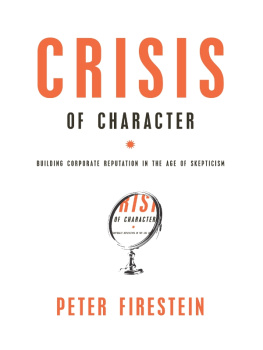


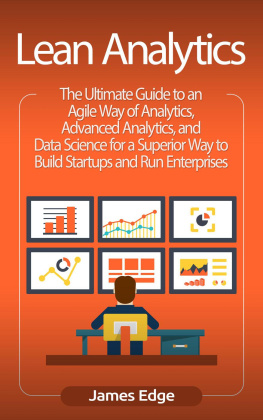

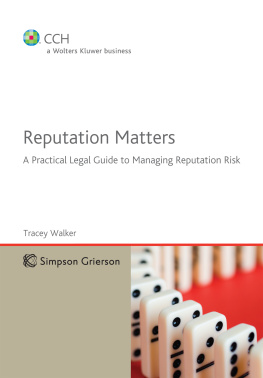
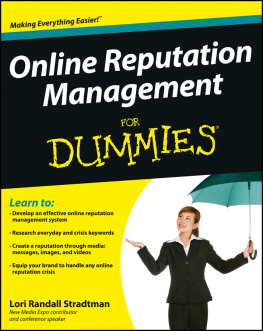

![Bart Baesens [Bart Baesens] - Analytics in a Big Data World: The Essential Guide to Data Science and its Applications](/uploads/posts/book/119608/thumbs/bart-baesens-bart-baesens-analytics-in-a-big.jpg)

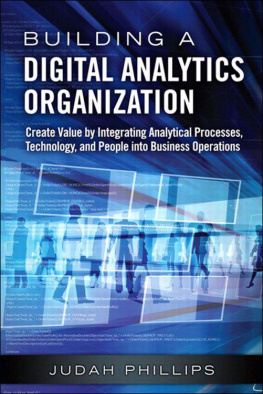
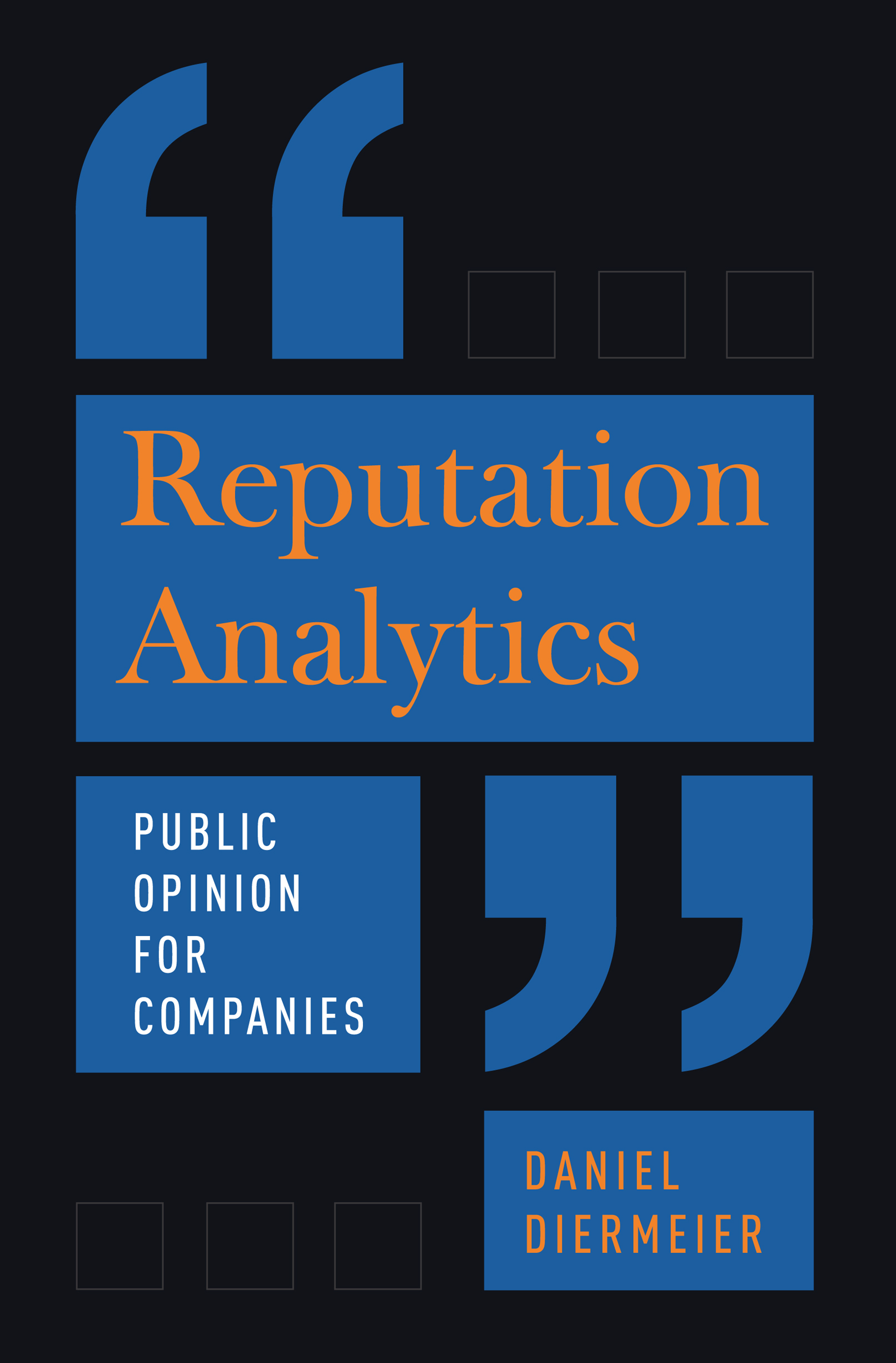
 This paper meets the requirements of ANSI/NISO Z39.48-1992 (Permanence of Paper).
This paper meets the requirements of ANSI/NISO Z39.48-1992 (Permanence of Paper).